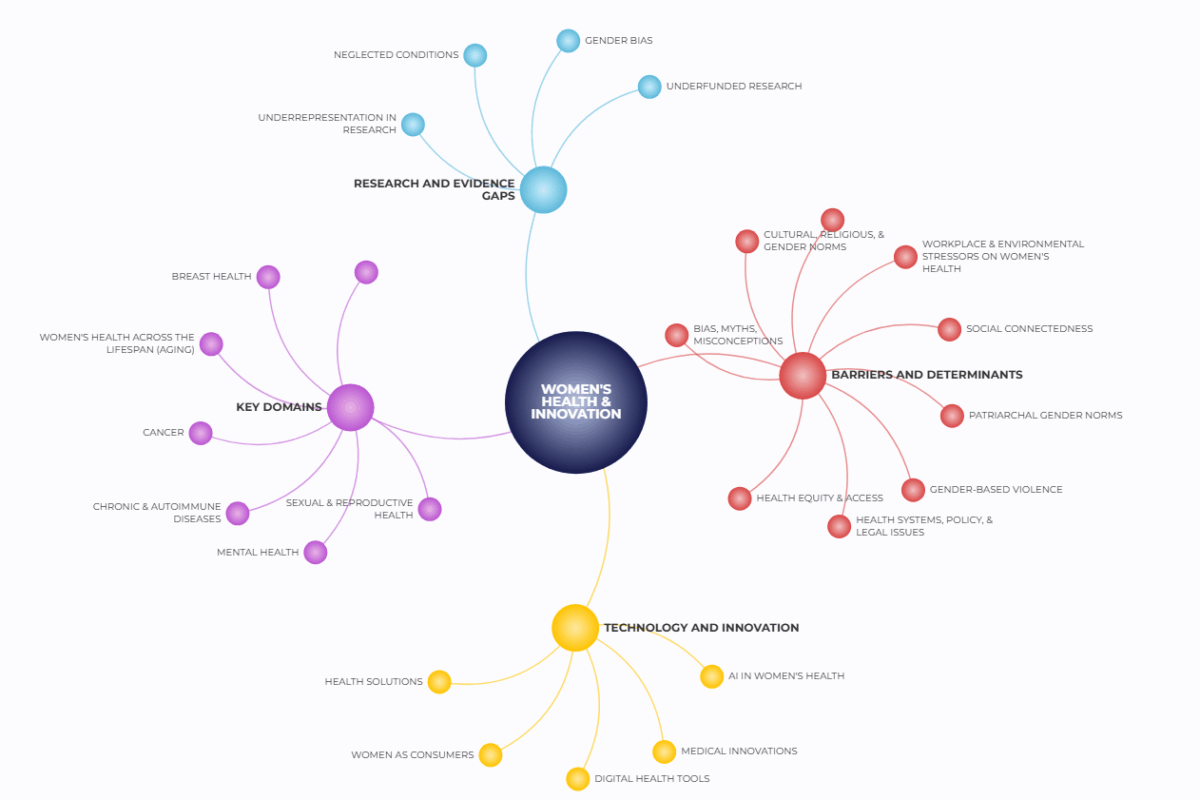Advances in quantum technologies may drastically change the world as we know it. They are expected to positively impact many sectors of the global economy, including pharmaceuticals, climate and weather modelling, and financial portfolio management. Specific applications could be used for molecular simulation to enhance electric vehicle batteries, they could optimise traffic flows in our cities or improve generative models that create datasets to enhance machine learning. These benefits come from the computational advantages of problem solving in totally novel and different ways compared to using traditional computers. As this new world emerges, we need to seize the opportunity to decide how quantum technologies can help us promote better societies and a more sustainable future.
Quantum technologies – as all digital technologies – are neither good nor bad. They are ‘enabling technologies’, which can be used for both virtuous and malicious purposes. The biggest threat established by quantum computing technologies is that, in the near future, they could break through the cryptographic methods that underpin our current methods of cybersecurity, allowing for the unauthorised decryption of private messages and financial transactions. Alongside the privacy and security implications, others are concerned about the threat that quantum sensing may pose to military capabilities, such as submarine detection and sea-based nuclear deterrents. Furthermore, there are also ethical concerns related to the possibility that in the wrong hands, the great potential power of quantum computing could also be used to create harmful materials or to maliciously manipulate the human genome.
As well as potentially posing a threat, the development of quantum technologies could also greatly benefit cybersecurity. Quantum cryptography uses quantum technology to achieve better cybersecurity than was possible before. The possible threats of quantum computing have also spurred innovation on how we can guard against future quantum threats with today’s technology, and the necessary transition to this quantum-resistant cryptography is an opportunity to improve cybersecurity processes for the long-term. MORE INFO











